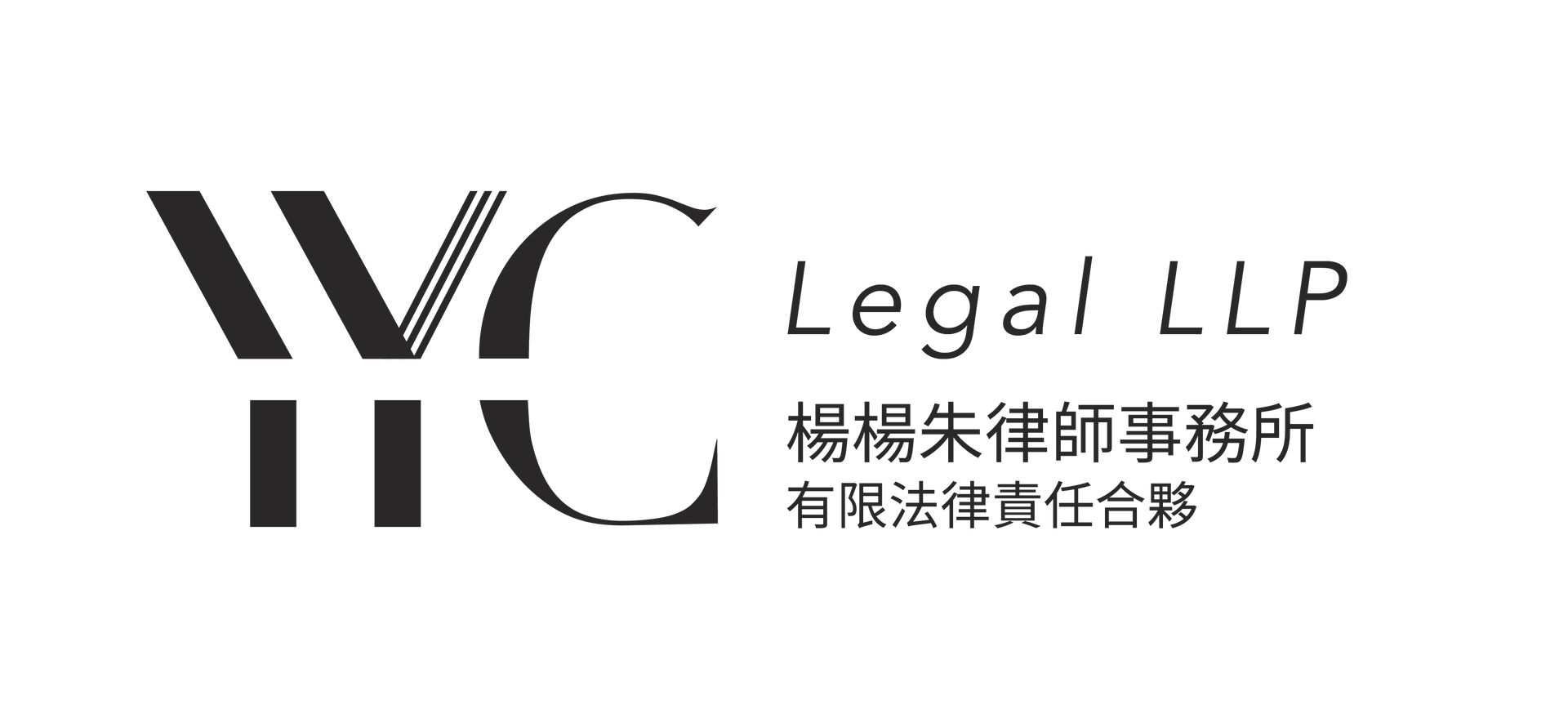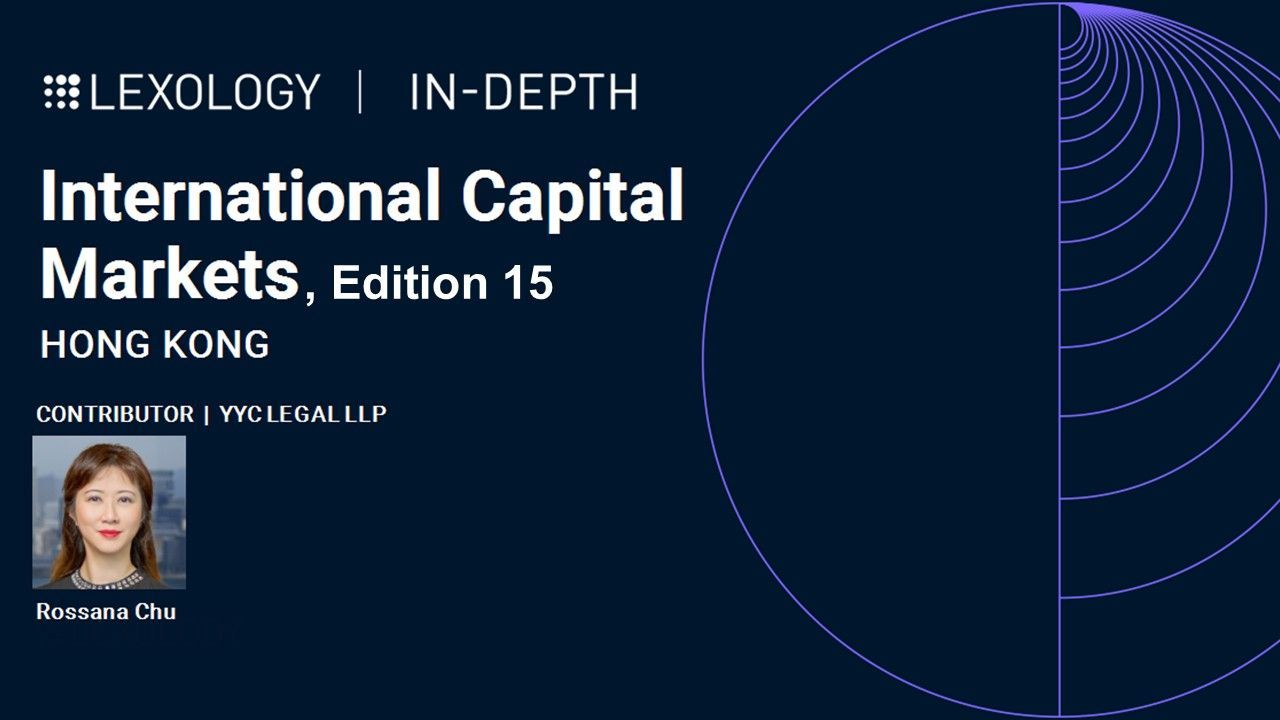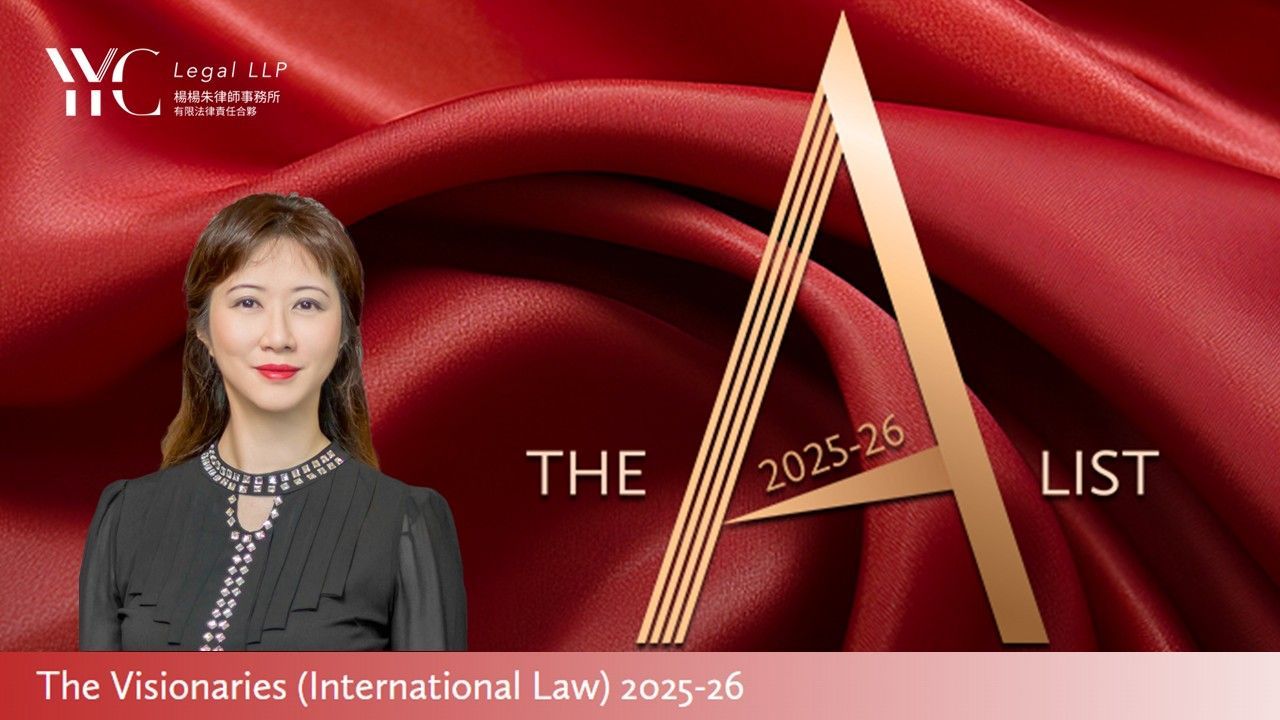Enhancing regulation of unsecured person loans
It is proposed that a cap be set on (a) the aggregate amount of unsecured personal loans or (b) the “debt servicing ratio”.
- If the borrower’s monthly income is HKD5,000 or less, (a) the aggregate unsecured personal loan cap is one month’s income and (b) the “debt servicing ratio” cap is 35%.
- Where the monthly income is between HKD5,001 and HKD10,000, (a) the aggregate unsecured personal loan cap is two months’ income and (b) the “debt servicing ratio” cap is 40%.
For example, if a borrower’s monthly income is HKD5,000, his debt servicing amount is capped at HKD1,750 (35% of HKD5,000). If he takes a personal loan with an annual interest rate of 30% to be repaid in 12 monthly instalments, then the maximum principal amount will be HKD18,000.
Further, to prevent situations where borrowers take large loans before disappearing when their employment contracts end, the government proposes that repayment periods for unsecured personal loans shall not exceed the remaining term of the borrowers’ employment contracts.
Strengthening protection of public interest
Under the current regime, an intending borrower may provide a referee to the money lender if the referee has given written consent to act in respect of the loan application. The role of a referee is confined to the provision of information about an intending borrower, and the referee should not be required to repay the loan. Yet, employers of certain defaulting borrowers, including those employing FDHs who reside with them, and non-debtors are harassed by money lenders and debt collectors, causing social problems.
To further protect public interest, including the interests of FDH employers, the government proposes that when borrowers provide referees in their loan applications, money lenders must proactively send a letter to the referee to verify the authenticity of the written consent, or else, the referee must sign the written consent in person at the money lender’s premises.
As an alternative, the government proposes prohibiting money lenders from requiring borrowers to provide referees when applying for unsecured personal loans.
Optimising the borrower affordability assessment
The “Credit Data Smart” (CDS) was introduced in April 2024 by the Hong Kong Monetary Authority together with industry associations of banks, money lenders and deposit-taking companies. The CDS enhances protection of consumer credit data and also provides more choices of consumer credit reference service providers. As in May 2025, 36 money lenders (accounting for about 64% of the loan business of all licensed money lenders) have joined the CDS.
The government proposes to require all licensed money lenders to regularly submit personal credit information of their borrowers to the CDS, including loan applications, terms of approved loans and repayment records, to complete the database of the CDS.
It also proposes requiring money lenders with a certain scale of unsecured personal loan business to, before approving loans, assess the affordability of intending borrowers based on their personal credit reports under the CDS, in order to enhance their application assessments.
Enhancing complaint handling process
The government will mandate the CR to enhance the transparency in handling complaints against money lenders and to strengthen communication and exchange of intelligence with the Police.
Also, the CR is expected to reinforce the system for supervising money lenders in handling complaints. It is to regularly collect and analyse statistics from money lenders on complaints received by them. It will also monitor whether money lenders with persistently high complaint figures have established procedures to ensure proper handling of customer complaints, to take appropriate remedial actions and to ensure their employees and agents can provide complainants with correct information.
Stepping up publicity and education
The Government will increase awareness and education targeting FDH communities, young people, and low-income earners to help them better understand the risks of excessive borrowing. To spread the messages effectively, the campaign will use multiple languages and different methods, and the messages will also be conveyed by the Labour Department, the Investor and Financial Education Council, and non-governmental organisations.
For FDHs in particular, the government will remind them not to use their employers as loan referees or give their employers’ home addresses as their own contact details when applying for personal loans. It will provide more accessible channels for FDH employers to report money lenders that violate licensing conditions.
Enhancing money lender regulatory regime
The government proposes the licensing and supervision of money lenders should be handled centrally by a government department (i.e. CR), including reviewing and approving applications, monitoring compliance and prosecuting violations. Details of money lenders with repeated offences will be published on the government’s website for public reference. These measures will require amendments of relevant provisions of the Money Lenders Ordinance.
